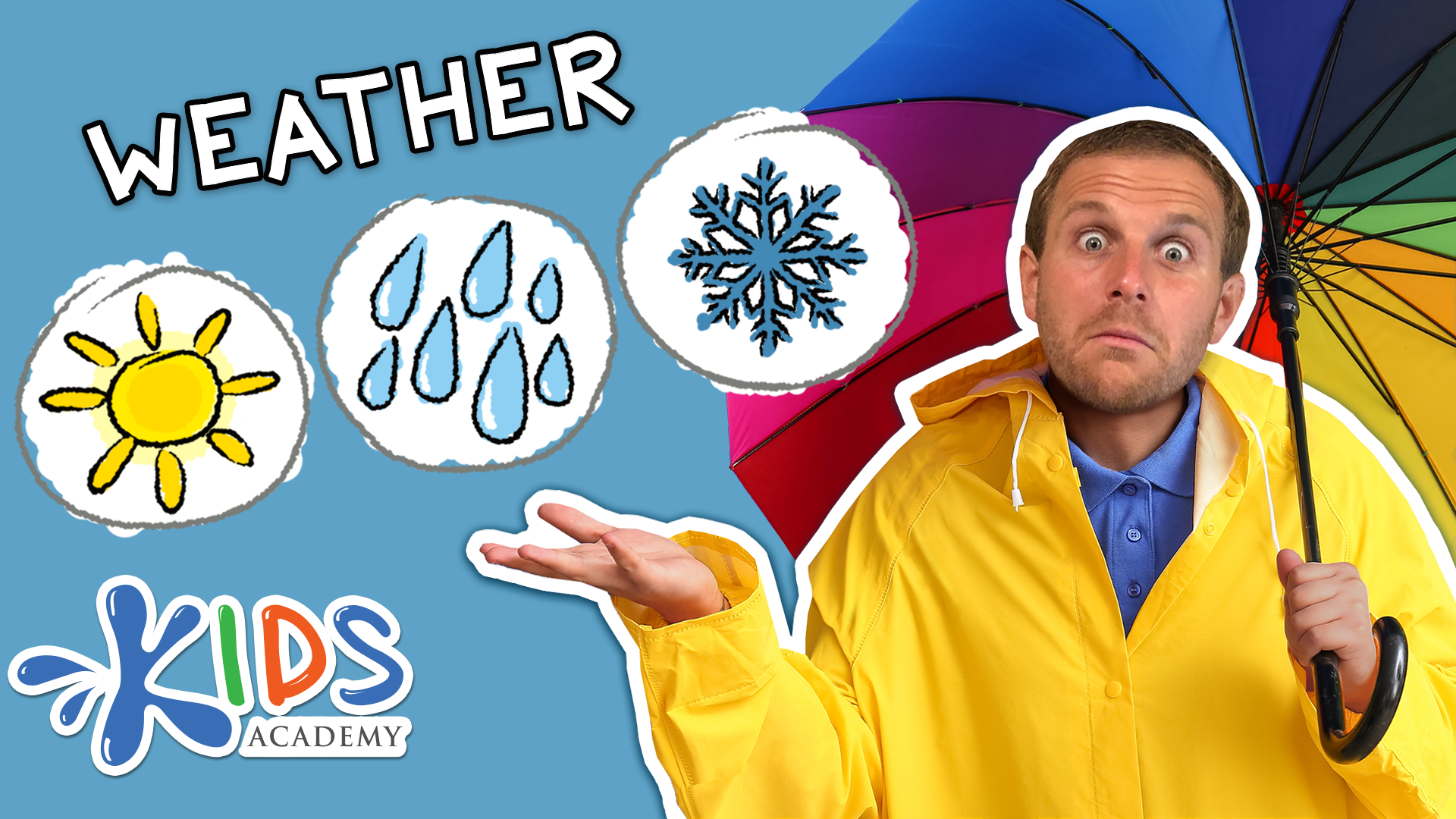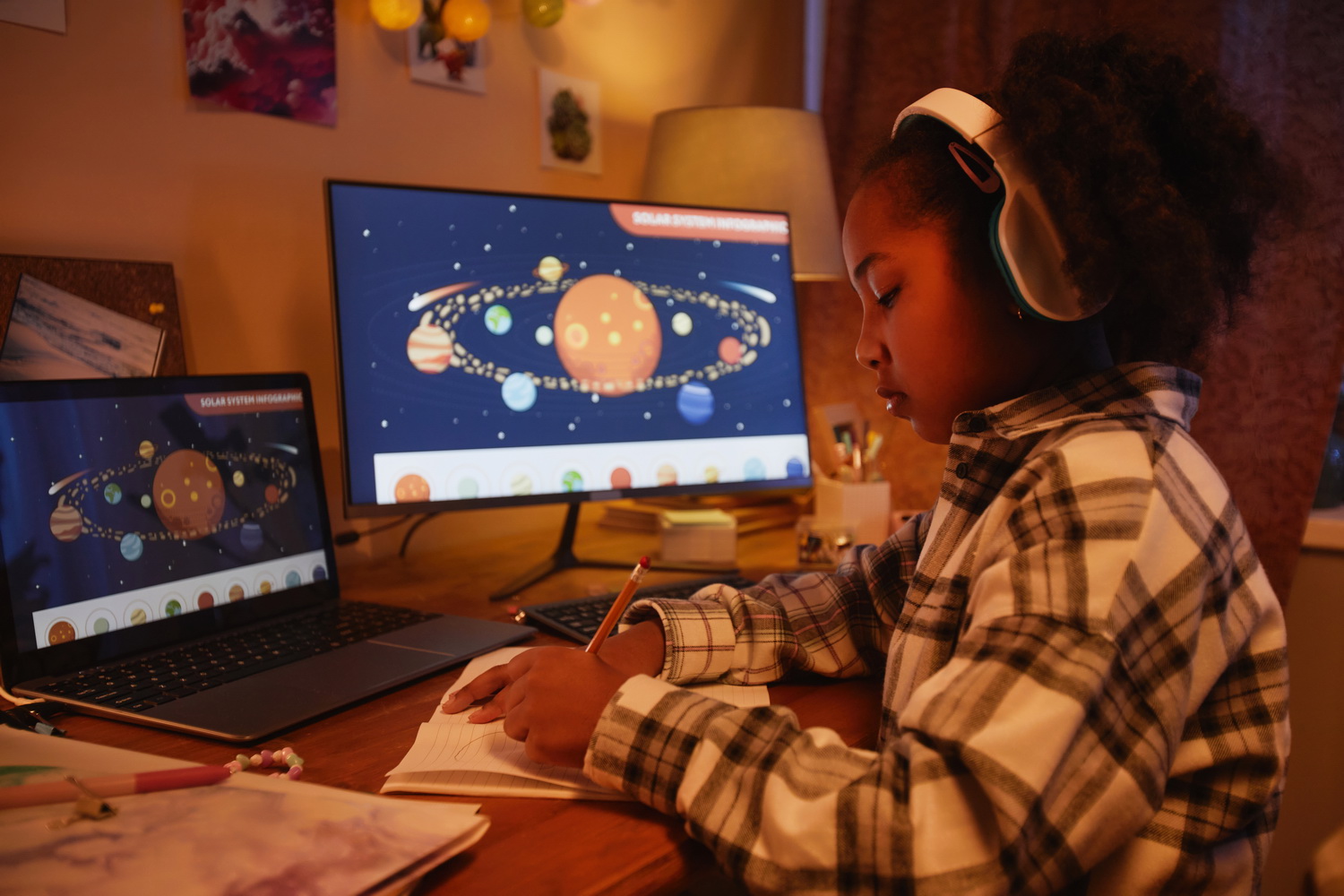5 Easy Ways to Develop Your Child’s Social Skills
Aug. 17, 2021
Children and the Importance of Social Skills
Communication and interaction with others are facilitated by social skills, which include gestures, body language, and personal appearance. Understanding how we communicate with people, the messages we convey, and how we may modify communication strategies to make our communication more efficient and successful is essential to developing social skills.
Establishing and building children’s social skills can help kids create objectives for themselves and build healthy connections with others. They can also contribute to long-term social advantages that extend well beyond the individual and school context, like self-control, emotional management, and developing solid connections. Children who have difficulties with social skills benefit from fun learning games and activities that help them flex their abilities. To better understand how to help your child work on them, let’s take a quick overview of some healthy social skills children should be developing.
Staying calm in times of stress:
- coping skills;
- controlling emotions;
- dealing with anger and frustration;
- asking for help;
- resolving conflicts.
Compromising and tolerance:
- sharing;
- seeing other’s perspectives;
- taking turns;
- being a good sport;
- disagreeing appropriately;
- accepting “no” as an answer;
- accepting the consequences or criticism;
- working with others.
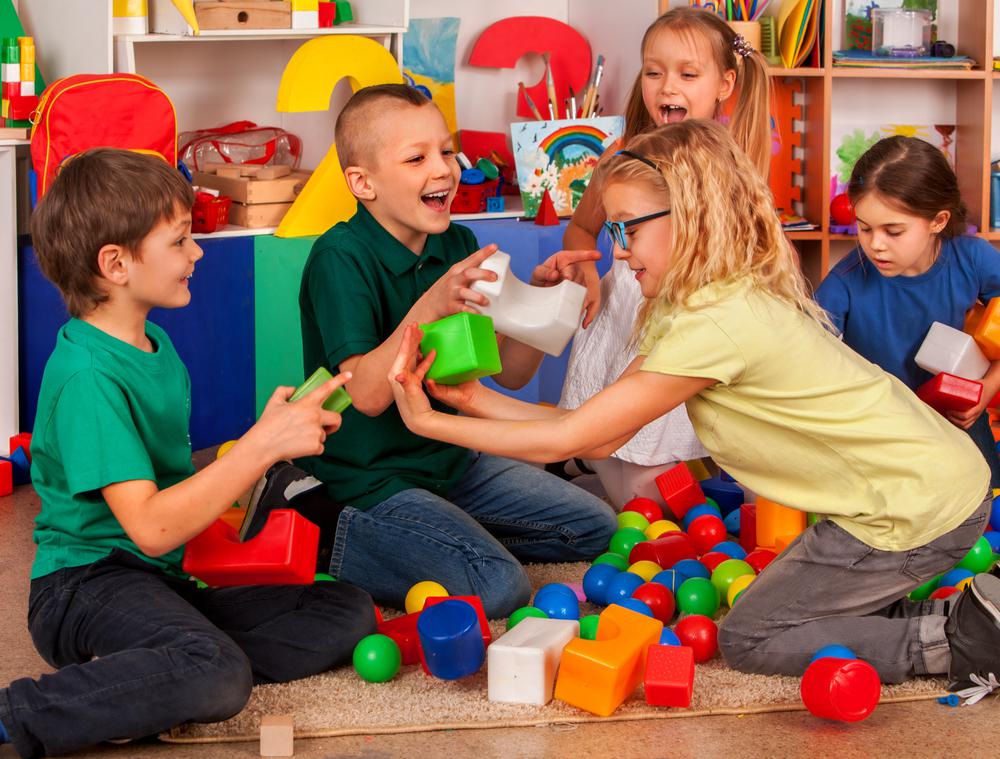
Focus and attention:
- active listening to others;
- following directions;
- staying on task;
- reading social cues.
General societal pragmatics:
- introducing yourself;
- asking permission;
- making an apology;
- showing empathy;
- taking responsibility;
- showing appreciation;
- expressing ideas, thoughts, and feelings;
- having a positive attitude.
What can I do to improve my child’s social abilities?
The overarching theme of social skill development is easy to achieve: play with your child. This will help them with joint attention, turn-taking, common interests, and cooperative play. Try using self-motivated activities that are typically linked with pleasure and satisfaction. Activities may be goal-oriented but are not always; what’s more important is making sure you are offering many opportunities to enhance your child’s journey and growth in their social skills development. You may even try kids' learning games online from Kids Academy.
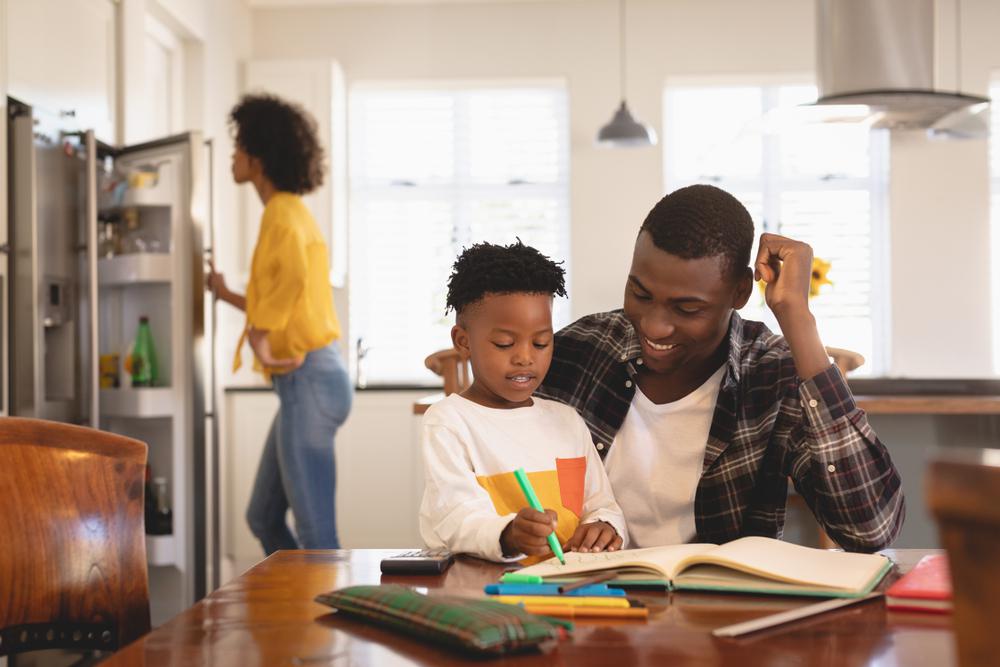
Identify pre-language skills that are difficult for your child. Gestures, facial expressions, mimicry, shared attention, and eye contact are all examples of pre-language skills. Singing silly songs together, rolling a ball back and forth, enjoying blowing bubbles, and playing with handmade masks with your child are all great activities to enhance these skills. These skills will scaffold the development of higher-level order thinking skills, such as resilience, receptive and expressive language comprehension, and executive functioning (a multi-step job or activity planned and executed sequentially to produce a well-defined result).
Play board games, cards, and other interactive, collaborative activities to cultivate multiple skills at once. "My turn" and "Your turn" are good examples of how a kid might take turns when playing. For your child to learn how to emotionally manage losing in a game and adapt better when this happens with their classmates, make sure they are not always the "winner." Practice healthy habits when they lose, such as positive self-talk, giving playmates praise, and requesting another turn.
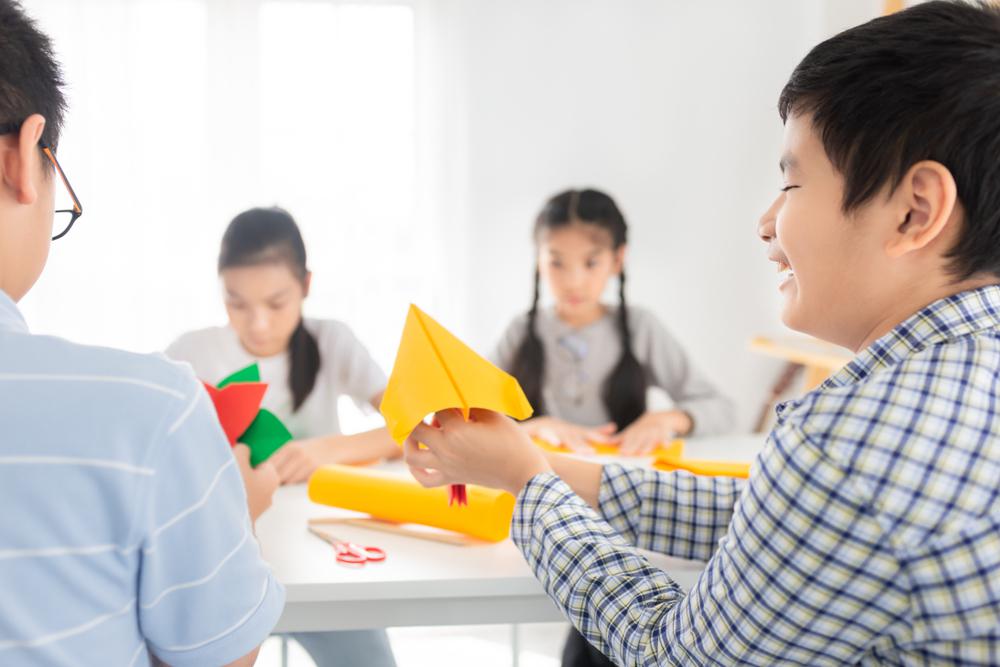
Roleplay and practice different, specific situations and comment on acceptable and improper communication approaches, such as standing too close or too far from another person, not using appropriate eye contact, or interrupting a conversation. Make sure to target specific situations, such as when your youngster is at a playground or a party, and create a list of possible things your child may say. Model these sayings for your child regularly.
Educate your youngster about emotions, including how to recognize them in themselves and others. Assist your child in developing empathy by helping them to comprehend and recognize how other people feel in certain situations. You may teach a youngster about different emotions by singing songs such as "If you're happy and you know it."
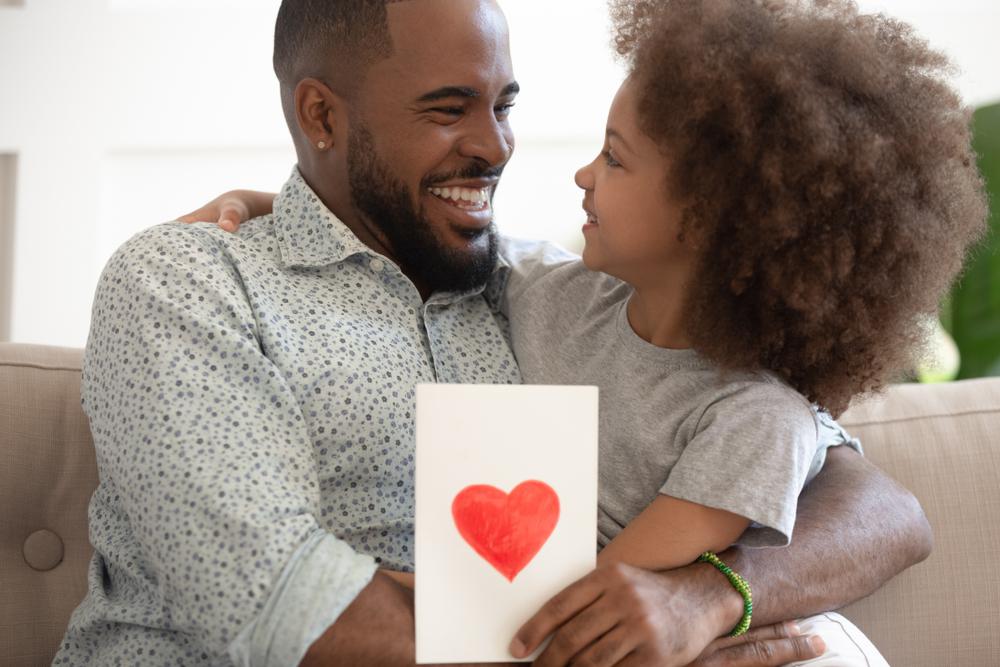
Find a social skills group within your community or start one with other like-minded parents. This type of group focuses on social contact with others. Skills are worked on within the moment, such as utilizing a pleasant voice, initiating eye contact, and using proper greetings. Children may participate in a bean bag discussion by throwing a bean bag around a circle and taking turns speaking. You may participate in many different ways to the debate (e.g., ask a question, comment on what has been said, add something related to the topic). Storytelling can teach youngsters social skills that they may find perplexing. A specific social dilemma is described in great detail, and an appropriate reaction is discussed. Emotions, behavior, attention, and activity levels can all be regulated in a socially acceptable manner within a shared learning space.
Practicing social skills benefits not only your child but the larger society as a whole. When children thrive in school and grow up to be productive people, they contribute to their neighbors' and communities' overall health and prosperity. Try some of these strategies or find more ideas below. For more information about childrearing, visit our parenting blog.
For more information, visit:
https://www.iidc.indiana.edu/doc/resources/social-skills-resources-for-online-learning.pdf
About the author
United States, CA, Felton





